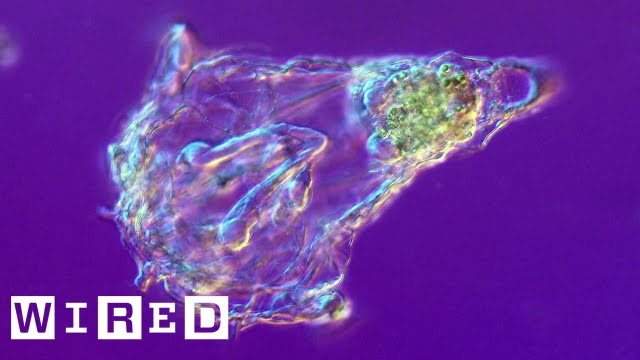Cats Eating Corpses: The Value of Research
Summary
In this article, we discuss a study on cats eating corpses and the value of such research. It highlights the fact that cats are not only predators but also scavengers, which increases their dietary repertoire and reproductive fitness. The article also addresses the difference between feral and domesticated cats and theorizes that animals may not recognize their dead owners at first and start pawing or nipping at them, leading to scavenging. The author emphasizes that it is important not to view cats as evil or plotting to kill their owners, but rather as animals with a strong instinct to survive. The article concludes by stating that while there is evidence of animals eating their dead owners, it is not a common occurrence.
Table of Contents
- Cats as Scavengers
- Feral vs. Domesticated Cats
- Understanding the Behavior
- Importance of Not Anthropomorphizing Cats
- Conclusion
Cats as Scavengers
A recent study conducted by researchers at Colorado Mesa University’s Forensic Investigation Research Station unintentionally captured footage of cats feasting on human corpses while studying body decomposition. While the footage is too gruesome to be shown, it has been confirmed that both feral and house cats have been known to consume their dead owners. The researchers were not specifically studying cats eating corpses, but rather observed the behavior while studying body decomposition.
Feral vs. Domesticated Cats
It is unclear why the cats have a preference for certain corpses, but it may be due to the ease of breaking into decomposed flesh or the familiarity of the taste. While there have been dozens of reports of pet owners being consumed by their pets, it is important to differentiate between feral and domesticated cats. Feral cats are more likely to scavenge as they have to fend for themselves in the wild, whereas domesticated cats have access to food provided by their owners.
Understanding the Behavior
Dr. Michael Delgado, a cat behavior specialist at UC Davis, confirms that if a cat owner dies suddenly and their body is left unattended for an extended period of time, there is a high chance that their cat will eat them. The animals may not recognize their dead owners at first and start pawing or nipping at them, leading to scavenging. It is important not to view cats as evil or plotting to kill their owners, but rather as animals with a strong instinct to survive.
Importance of Not Anthropomorphizing Cats
People tend to project emotional states onto their cats, which may not be accurate. Some people find the idea of their cat eating them after death fascinating or naughty. It is important to note that this behavior is not common among cats, and extreme circumstances have to be present for it to occur.
Conclusion
In conclusion, while there is evidence of animals eating their dead owners, it is not a common occurrence. The conditions that lead to a pet eating parts of their owner’s body are when the owner lives alone in an isolated situation, has an illness that may lead to sudden death, and lives with a freely moving pet. However, this behavior does not mean that the pet will try to eat the owner while they are alive. It is important to understand the behavior of cats and not to anthropomorphize them.







